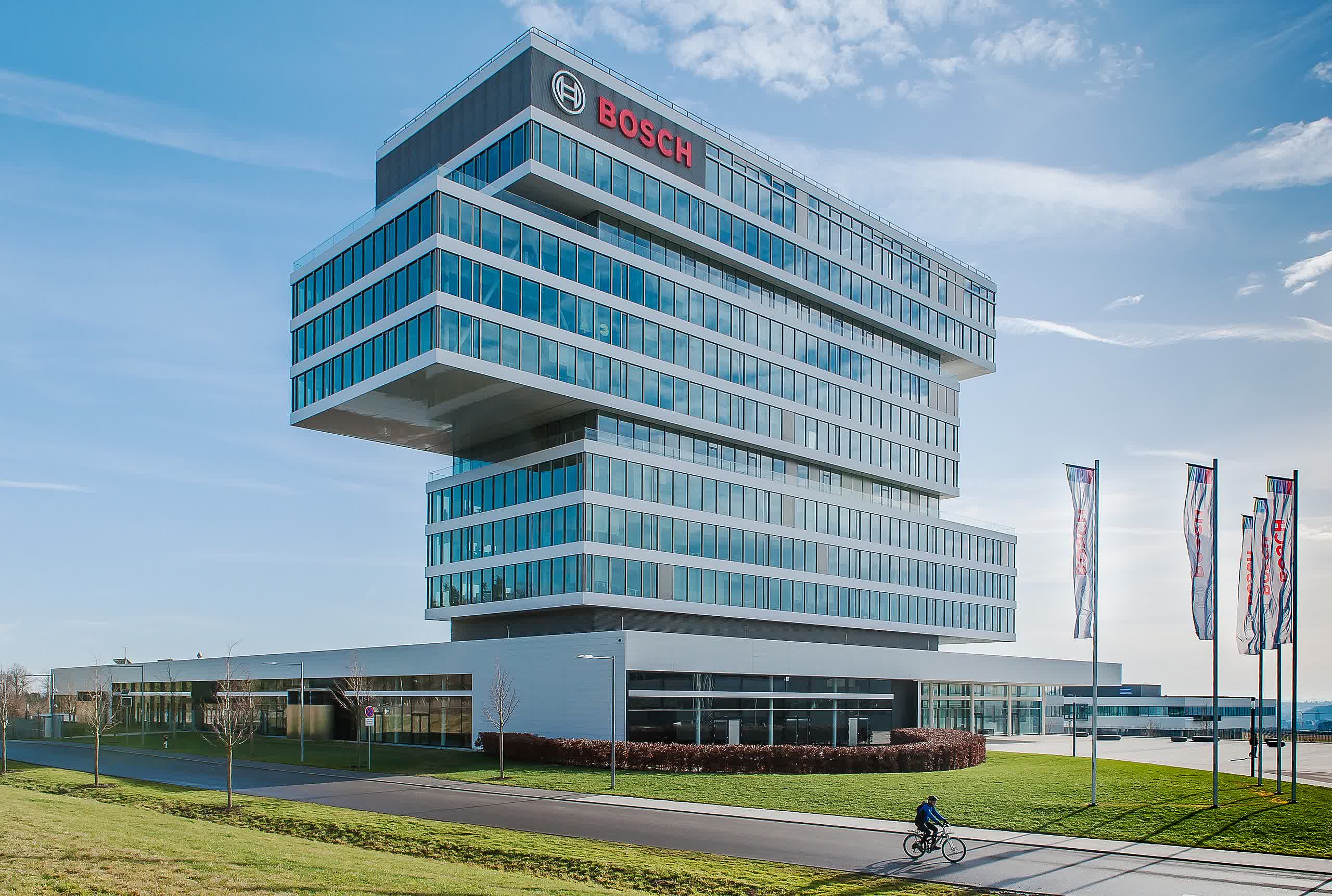In context: The US Chips Act is bringing funding and development opportunities back to the country. Multinational corporation Robert Bosch GmbH is interested in the opportunity too, even though the company wants more money from Washington to increase its actual commitment.
Technology and engineering company Robert Bosch GmbH has announced the acquisition of chip manufacturing assets from US firm TSI Semiconductors. The German corporation is planning to invest in the US chipmaking business and benefit from the Chips Act funding opportunities.
While actual terms of the acquisition have not been disclosed, Bosch plans to invest $1.5 billion over the next few years to upgrade TSI manufacturing facilities located in Roseville, California. By 2026, Bosch expects to start producing new 200-millimeter semiconductor wafers based on the silicon carbide compound.
Silicon carbide (SiC) is a hard chemical compound containing silicon and carbon, a mass-produced semiconductor which is widely used to make abrasive and cutting tools, LEDs, and electronics devices that need to operate at high temperatures, high voltages, or both.

The SiC wafers produced in the TSI facilities will be used to feed the automotive supply chain, as the industry was greatly affected by the global semiconductor shortage during and after the Covid-19 pandemic. The growing popularity of electric vehicles (EV) and government initiatives to promote a faster transition from traditional combustion engines to an all-electric industry only made things worse on that front.
In 2021, the average car had around 1,200 microchips inside – which is twice the number compared to 2010. Bosch said the market for SiC chips grew by 30 percent YoY, as they provide greater range and more efficient recharging performance (while wasting less energy and lasting longer) in electric cars. The company expects to have an average of 25 of its SiC chips inside every new EV vehicle sold by 2025.
Vice President Kamala Harris said the new $1.5 billion investment promised by Bosch will bring down costs and help the country strengthen its electric vehicle supply chain, rebuild American manufacturing muscle, and "create economic opportunity for the working families of California." Harris also highlighted the increasing number of EVs that will be put on the road, a priority for the VP since she served in the US Senate.
